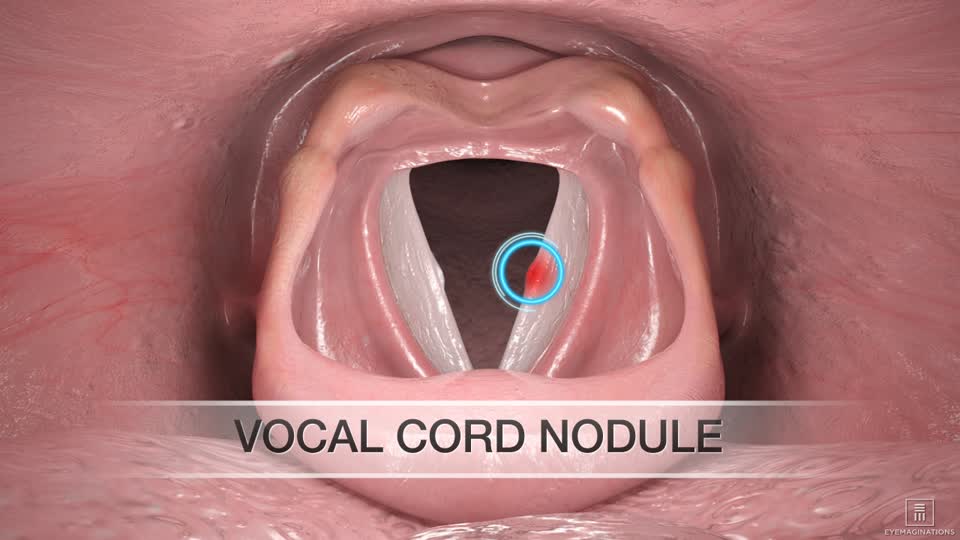- Your cart is empty
- Continue Shopping

Vocal Cord Nodules: What They Are ?
Vocal Cord Nodules:
Vocal cord nodules, also known as singer’s nodules or vocal fold polyps, are common benign growths that develop on the vocal cords. While they may occur in anyone who uses their voice extensively, they are especially prevalent among singers, teachers, and individuals who rely on their voice for professional purposes. This article aims to provide a comprehensive overview of vocal cord nodules, their causes, symptoms, and the relationship between voice and internal health.
Understanding Vocal Cord Nodules:
Vocal cord nodules are soft, non-cancerous growths that form on the vocal cords, which are located in the larynx or voice box. They typically develop as a result of vocal strain or overuse. When a person speaks or sings, the vocal cords vibrate, and excessive or improper use of the voice can lead to inflammation and the formation of nodules. Over time, these nodules can cause hoarseness, voice changes, and difficulty in producing clear and consistent sounds.
Recognizing the Symptoms:
The symptoms of vocal cord nodules may vary depending on the size and location of the nodules. Common signs include:
- Hoarseness: The voice may sound rough, raspy, or breathy.
- Vocal Fatigue: The voice may tire easily, especially after extended periods of speaking or singing.
- Voice Breaks: Sudden cracks or breaks in the voice during speaking or singing.
- Reduced Vocal Range: Difficulty reaching high or low notes.
- Pain or Discomfort: Some individuals may experience a sensation of pain or discomfort in the throat.
Causes and Risk Factors:
Vocal cord nodules typically develop due to vocal abuse or misuse. Factors that contribute to their formation include:
- Excessive Voice Use: Speaking loudly, shouting, frequent singing, or prolonged periods of speaking without proper vocal rest can strain the vocal cords.
- Poor Vocal Technique: Incorrect breathing, speaking from the throat instead of the diaphragm, or straining the voice can contribute to nodule formation.
- Smoking and Alcohol Use: These habits can irritate and dehydrate the vocal cords, making them more susceptible to nodules.
- Acid Reflux: Chronic acid reflux can cause irritation and inflammation of the vocal cords, increasing the risk of nodules.
The Voice as a Reflection of Internal Health:
The voice can offer valuable insights into a person’s overall health and well-being. Changes in voice quality may indicate underlying medical conditions or vocal cord abnormalities. For example:
- Hormonal Imbalances: Hormonal fluctuations during puberty, pregnancy, or menopause can affect the vocal cords and lead to temporary voice changes.
- Thyroid Disorders: An underactive or overactive thyroid can cause voice changes such as hoarseness or voice fatigue.
- Allergies and Respiratory Conditions: Chronic allergies, asthma, or respiratory infections can result in vocal cord inflammation, leading to voice disturbances.
- Neurological Conditions: Certain neurological disorders can affect the control and coordination of the muscles involved in speech production, leading to voice abnormalities.
Diagnosis and Treatment:
a. Diagnosis: To diagnose vocal cord nodules, a healthcare professional, usually an otolaryngologist or ENT specialist, will perform a thorough examination of the voice box using a laryngoscope. This procedure allows for a close-up view of the vocal cords, enabling the doctor to identify the presence of nodules and assess their severity.
b. Treatment: The primary treatment approach for vocal cord nodules involves voice therapy and vocal hygiene practices. These may include:
- Voice Rest: Resting the voice and avoiding activities that strain the vocal cords allows them to heal.
- Voice Therapy: Working with a speech-language
